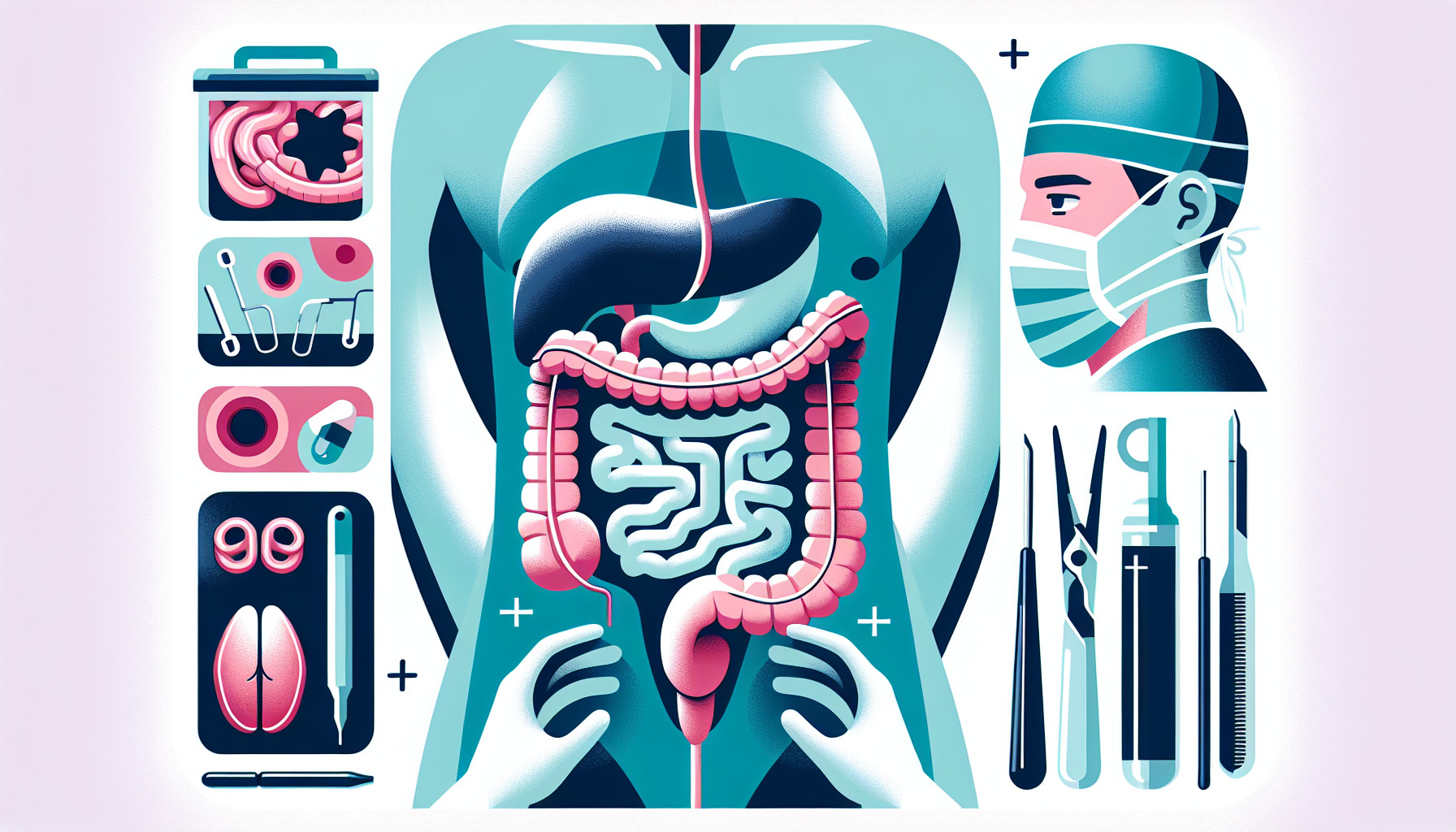Our Summary
This research paper discusses Hirschsprung disease (HSCR) and related disorders. These conditions can lead to serious digestive problems due to issues with the nerves and muscles in the intestines. In some severe cases, patients may need a small intestine transplant, which is a major operation and results may not always be great, even with modern surgical techniques. So, researchers are looking into regenerative therapies as a possible treatment. These therapies aim to rebuild the damaged parts of the intestines using different types of stem cells. The paper reviews these new treatment methods, taking into account the different types of stem cells that could be used, the conditions inside the patient’s intestine, and how the cells could be transplanted. It also offers thoughts on the future of these potential treatments.
FAQs
- What is the Hirschsprung disease and how can it lead to the need for an intestinal transplant?
- What are regenerative therapies and how could they be used to treat severe digestive problems?
- What factors are considered in the research paper about new treatment methods for intestinal disorders?
Doctor’s Tip
One tip a doctor might give a patient considering an intestinal transplant is to thoroughly research and understand the potential risks and benefits of the procedure. It’s important to have a clear understanding of the success rates and potential complications associated with intestinal transplants before making a decision. Additionally, patients should discuss alternative treatment options with their healthcare team to ensure they are making an informed decision about their care.
Suitable For
Patients who are typically recommended for an intestinal transplant are those with severe intestinal failure, often caused by conditions such as Hirschsprung disease, short bowel syndrome, necrotizing enterocolitis, or other intestinal disorders that cannot be effectively treated with other interventions. These patients may have difficulty absorbing nutrients, suffer from chronic diarrhea, and experience complications such as infections or liver failure.
In general, candidates for intestinal transplant are individuals who have exhausted all other treatment options and have a poor quality of life due to their intestinal condition. They must also meet certain medical criteria, such as being in good overall health aside from their intestinal issues, having a support system in place for post-transplant care, and being willing to adhere to a strict medication regimen for the rest of their lives.
Intestinal transplant is a complex and risky procedure, and not all patients are suitable candidates for it. The decision to undergo an intestinal transplant is made on a case-by-case basis, taking into account the patient’s medical history, current health status, and potential risks and benefits of the procedure. It is important for patients considering an intestinal transplant to discuss their options with a multidisciplinary team of healthcare providers, including transplant surgeons, gastroenterologists, nutritionists, and social workers, to determine the best course of action for their individual situation.
Timeline
Before the intestinal transplant:
- Patient is diagnosed with Hirschsprung disease or a related disorder, leading to severe digestive problems.
- Patient undergoes various treatments such as medications, dietary changes, and surgeries to manage symptoms.
- As the condition progresses and becomes more severe, the patient’s quality of life may significantly decline.
- Patient is evaluated for a small intestine transplant as a last resort treatment option.
After the intestinal transplant:
- Patient undergoes a major surgical procedure to receive a small intestine transplant.
- Patient undergoes a period of recovery in the hospital, closely monitored for any signs of rejection or complications.
- Patient will need to take immunosuppressant medications for the rest of their life to prevent rejection of the transplanted organ.
- Patient goes through rehabilitation and therapy to regain strength and adjust to life with a new intestine.
- Patient will require frequent follow-up appointments and monitoring to ensure the success of the transplant and manage any potential complications.
- Patient may experience improvements in their digestive symptoms and overall quality of life, although outcomes can vary.
What to Ask Your Doctor
- What are the risks and benefits of undergoing an intestinal transplant for my condition?
- How long is the recovery process after an intestinal transplant and what can I expect during this time?
- What are the success rates of intestinal transplants and what factors can affect the outcome?
- Are there any alternative treatments or therapies that I should consider before opting for an intestinal transplant?
- What is the long-term outlook for patients who undergo an intestinal transplant?
- How will the transplant affect my daily life, including diet, medication, and physical activity?
- What are the potential complications or side effects of an intestinal transplant that I should be aware of?
- How will my healthcare team monitor my progress and manage any potential complications after the transplant?
- Are there any ongoing clinical trials or research studies that I may be eligible for regarding intestinal transplants or regenerative therapies?
- What is the availability of intestinal transplant centers and specialists in my area, and do you have any recommendations for where I should seek treatment?
Reference
Authors: Yoshimaru K, Matsuura T, Uchida Y, Sonoda S, Maeda S, Kajihara K, Kawano Y, Shirai T, Toriigahara Y, Kalim AS, Zhang XY, Takahashi Y, Kawakubo N, Nagata K, Yamaza H, Yamaza T, Taguchi T, Tajiri T. Journal: Surg Today. 2024 Sep;54(9):977-994. doi: 10.1007/s00595-023-02741-6. Epub 2023 Sep 5. PMID: 37668735
